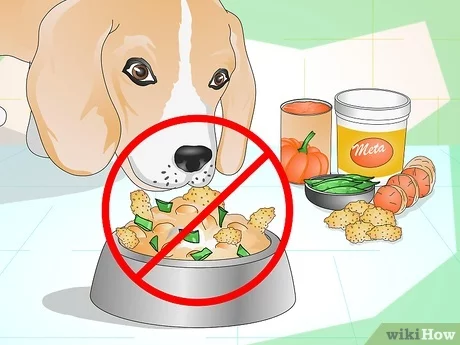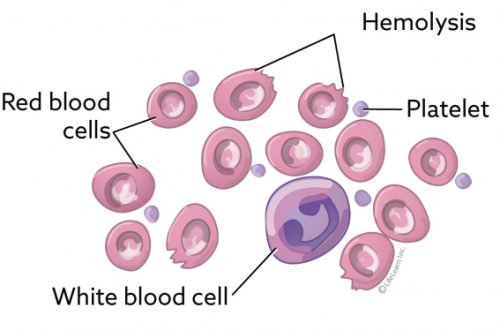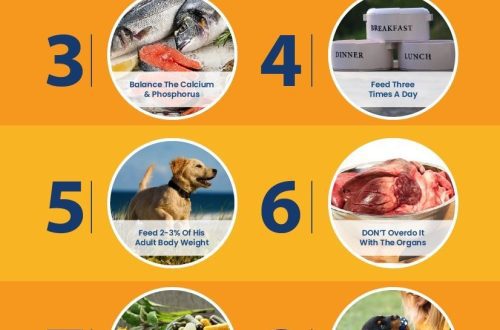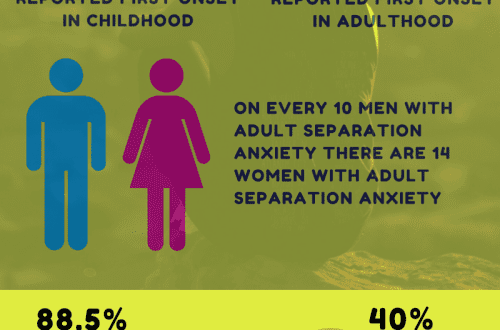
Do dogs need fiber and why?
Veterinarians say that fiber is one of the key nutritional components of a dog’s diet. It plays an important role in keeping pets healthy and fighting some diseases. To find out what fiber to give your dog, and to get acquainted with the symptoms of an imbalance caused by its lack, read the article.
Contents
The role of fiber in a dog’s diet
Fiber is a type of complex carbohydrate. It differs from other starches in that it is not digested in the small intestine. It is usually fermented in the large intestine. This means that it takes much longer to digest than simple carbohydrates.
Fiber increases the volume of feces and absorbs excess water in the intestinal lumen. This normalizes the functioning of the digestive system and contributes to the good quality of the stool. Fiber helps maintain a healthy pH level in your dog’s gut by inhibiting the growth of unwanted bacteria.
How to provide your dog with good fiber
When choosing a dog food with fiber, you need to pay attention to its solubility and the total amount of digestible fiber. Soluble dietary fibers dissolve easily in water, while insoluble fibers retain most of their structure in the aquatic environment, including the gastrointestinal tract. Insoluble fiber supports dog intestinal health.
Unfortunately, pet food labels do not provide information on fiber solubility. Therefore, it is better to check with a veterinarian what kind of food will provide the dog with what she needs. Dogs and their unique gut microbes respond differently to different types of fiber.
Fiber for dogs. What products contain
This carbohydrate, which is used in dog food, comes from a variety of sources. These include grains such as corn and brown rice, as well as soybeans, sugar beet pulp, peanut husks, pectin and cellulose.
Many dog owners use canned pumpkin for extra fiber. However, since such a pumpkin is approximately 80% water, it usually does not contain enough fiber to achieve a therapeutic effect. If you’re feeding your dog canned pumpkin, don’t give him pumpkin pie mix. It can be high in calories and sugar. Canned pumpkin with added sodium should also be avoided. It is better to buy dried pumpkin powder, which can be dosed in a similar way to dried psyllium husks. It is often sold as a source of fiber. You should consult with your veterinarian before adding anything to your pet’s diet.
How fiber can help fight disease
Fiber is very helpful in controlling diabetes in dogs. It helps regulate blood glucose levels and minimize sugar surges. Dog food containing slow-fermenting fiber may be helpful in controlling a dog’s weight or aiding in weight loss. This is because fiber increases stool volume and helps your dog feel full while eating fewer calories.
Dietary fiber is added to dietary pet foods to reduce plaque and tartar buildup, maintain blood cholesterol levels and control body weight. It helps prevent undesirable eating behavior – when dogs eat things they shouldn’t, such as non-food items or spoiled or rotten food. It helps to cope with chronic colonic diarrhea and constipation.
Symptoms of Fiber Imbalance in Dogs
If a dog is deficient in fiber, it may experience constipation or, conversely, watery stools. It is important to understand that excess fiber can cause health problems. Excess fiber intake makes it difficult to absorb minerals. Imbalance can lead to the following problems:
- Diarrhea.
- Frequent stools, urge to defecate, and/or defecation at home.
Adding fiber to your dog’s diet
If your veterinarian advises that your dog needs more fiber, the simplest and most effective solution is to switch the dog to a diet food. The doctor will talk about the special needs of the dog and how much more soluble or insoluble fiber should be added to the diet.
The bacteria in the animal’s gut need time to adapt to the drastic changes because dogs eat the same kind and type of food much more often than humans. It is necessary to switch to a new food gradually, within one to two weeks. It is important to remember that any change in diet can cause diarrhea in a dog.





